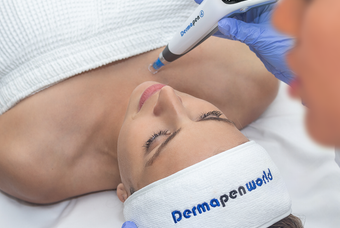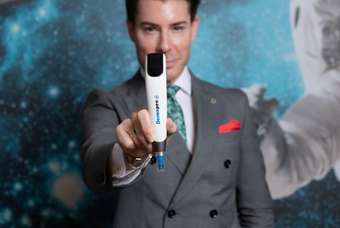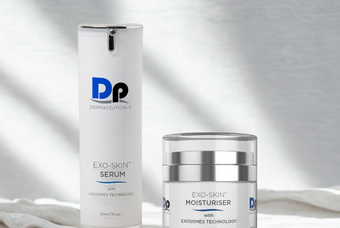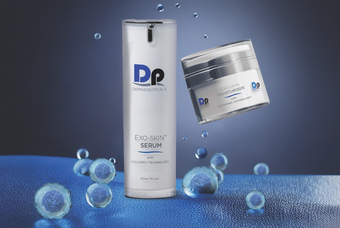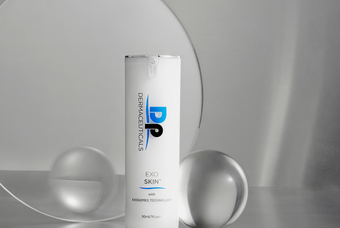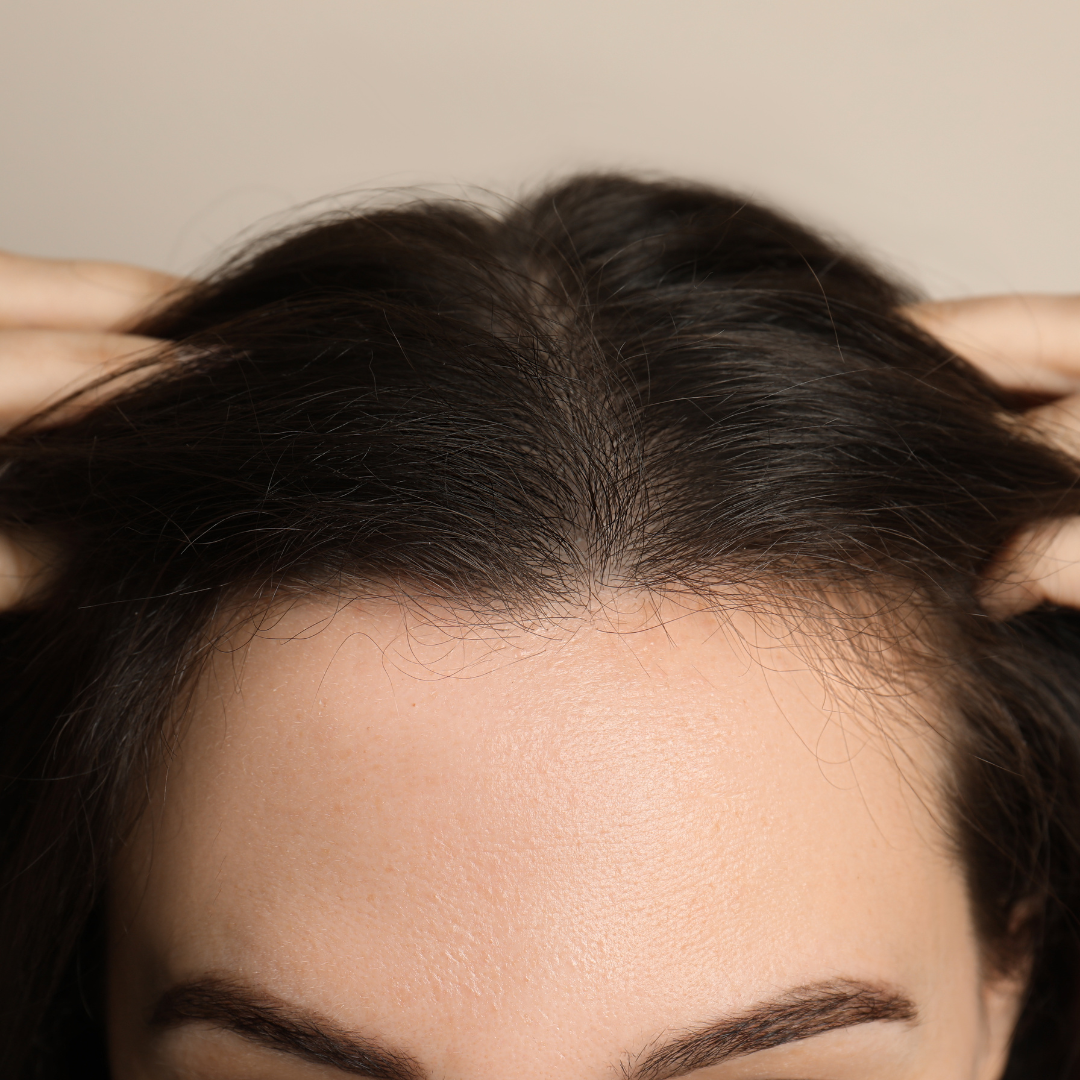Are you noticing more hair than usual in the shower drain or in your hairbrush? Are there any noticeably sparse spots on your scalp? If so, you are experiencing hair loss. There are numerous reasons why women might start to experience hair loss. These can range from medical conditions to hormonal changes to stress. It’s not always easy to trace the root cause, but here are some of the most common possibilities:
- Hairstyle (traction alopecia)
- Vitamin deficiency
- Rapid weight loss
- Restrictive diets
- Over-processed hair (breakage)
Lacking certain vitamins and minerals is often the cause for thinning hair and hair loss in women. Most dermatologists believe that not eating enough, or even following a restrictive diet may be directly related to hair loss. The most common deficiencies are iron, Vitamin D, and zinc. These deficiencies may come about as a result of a blood loss, poor diet, or any medical condition that affects how the body absorbs nutrients. Overdosing on vitamins may also cause hair loss, this is why it is vital to get a proper diagnosis and make sure your nutrient levels are balanced.
Iron
Certain foods such as red meat and other animal products are rich in iron. Iron is a mineral that supports body growth. Women are already susceptible to iron deficiency due to monthly blood loss during menstruation, so not consuming enough iron may lead to deficiency and to hair loss. Without sufficient iron, the body does not produce hemoglobin.. Hemoglobin is responsible for the delivery of oxygen to various cells to promote growth and repair of various cells in the body, including cells that stimulate hair growth.
The good news is, most of the time hair loss related to iron deficiency is not permanent. The best way to treat hair loss in this scenario is to address the underlying cause of the problem. Your doctor will most likely order a blood test which will determine the levels of iron in your system. If your test results come back low, your doctor will likely recommend iron supplements, as well as including more iron-rich foods in your diet. You may experience a change in bowel movements as a side effect of the extra iron, so be sure to tell your doctor if you’re prone to an upset stomach.
Vitamin D
There is an overwhelming amount of research that supports the idea that lack of Vitamin D in your body can lead to hair loss. Vitamin D plays an important role in stimulating old and new hair follicles, so when there is a deficiency, hair growth is stunted. Vitamin D deficiency has been linked to alopecia, an autoimmune condition that causes bald patches on the scalp and other areas of the body. Both men and women can experience alopecia. This deficiency is most often the result of not spending enough time outdoors (sunlight is an excellent source of Vitamin D), and not consuming enough Vitamin D-rich foods.
As with most of the other vitamins linked to hair loss, this can be reversed by increasing your intake of Vitamin D in the form of either food or supplements. Vitamin D rich foods include seafood, red meat, poultry, beans, nuts and whole grains. Vitamin D supplements should be taken with meals, particularly ones with plenty of healthy fats. Fat enables Vitamin D to be better absorbed by the body. If you are concerned about Vitamin D deficiency-related hair loss, the best course of action is to consult a doctor who will likely suggest supplements, dietary changes, and spending more time outdoors to help combat this deficiency.
Zinc
Zinc deficiency isn’t uncommon, and one of the telltale signs is hair loss. This mineral is an essential part of a well-functioning immune system, cellular growth, and protein synthesis. It is also important in repairing hair follicles and maintaining the oil glands in the scalp. Foods rich in zinc are important in restoring balance and preventing deficiency.
Zinc is an essential trace element, meaning that the body cannot make any on its own. Because of this, adequate zinc levels must be maintained via diet. Foods like red meats, poultry, wheat, and egg yolks are rich in Zinc. It is also important to take zinc supplements, because even though natural dietary sources are common and easily obtainable for many people, only about 30% of the zinc present is likely to be absorbed into the body.
If you notice or suspect you’re losing more hair than you should, figuring out the cause and starting treatment sooner than later is best. It is recommended that you see a dermatologist right away. Seeing a dermatologist is important not only to diagnose you properly, but also to oversee your intake of vitamins because as mentioned before, taking too high a quantity of any of these vitamins may also lead to hair loss.


